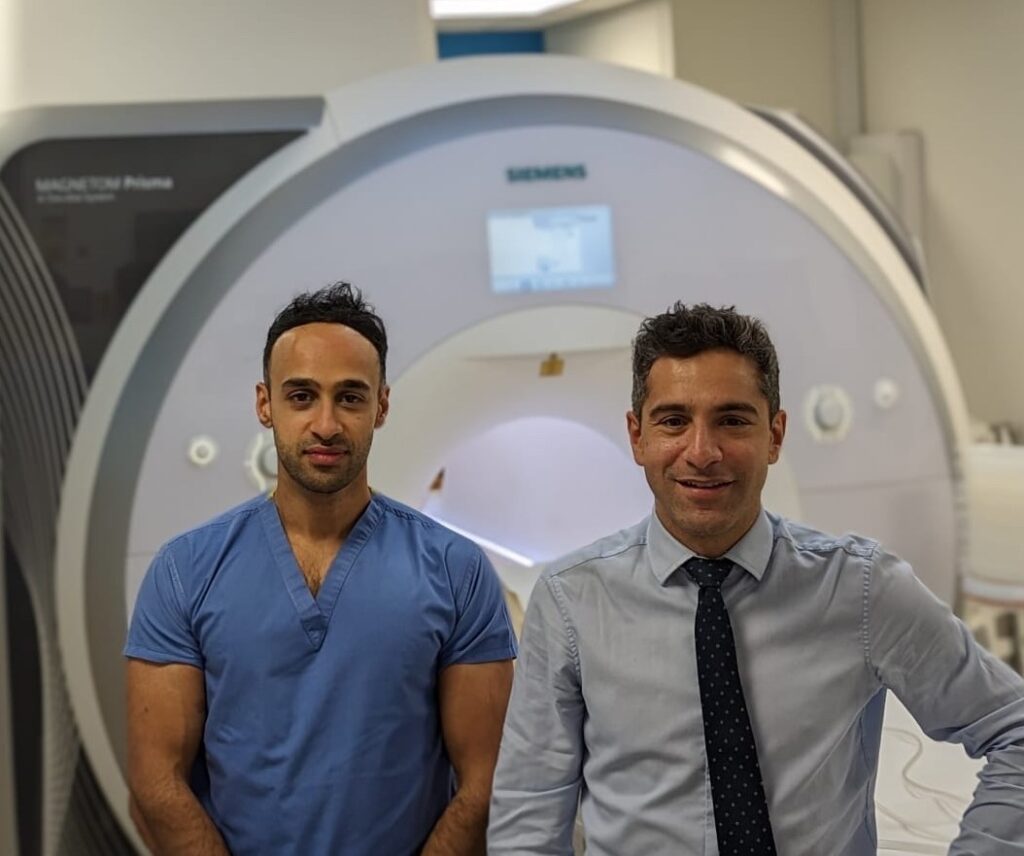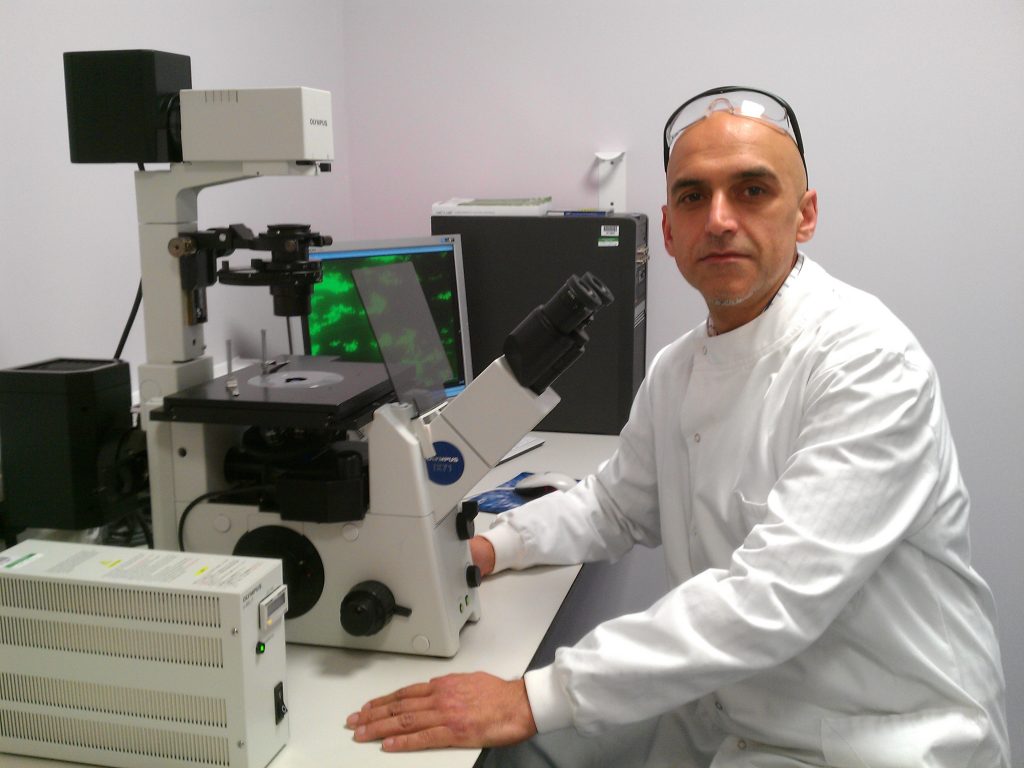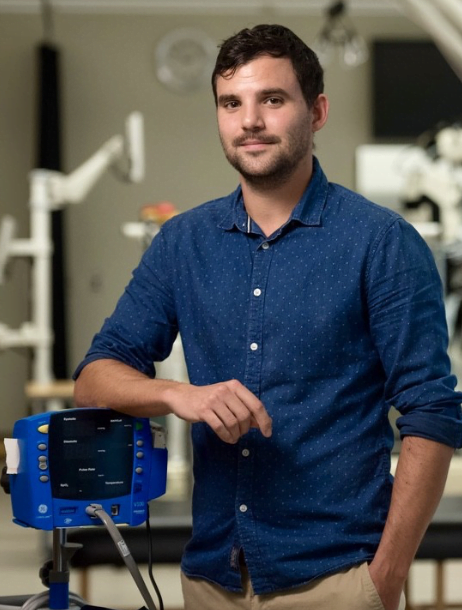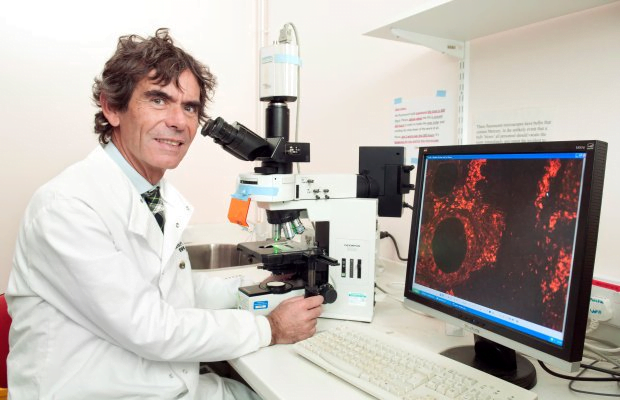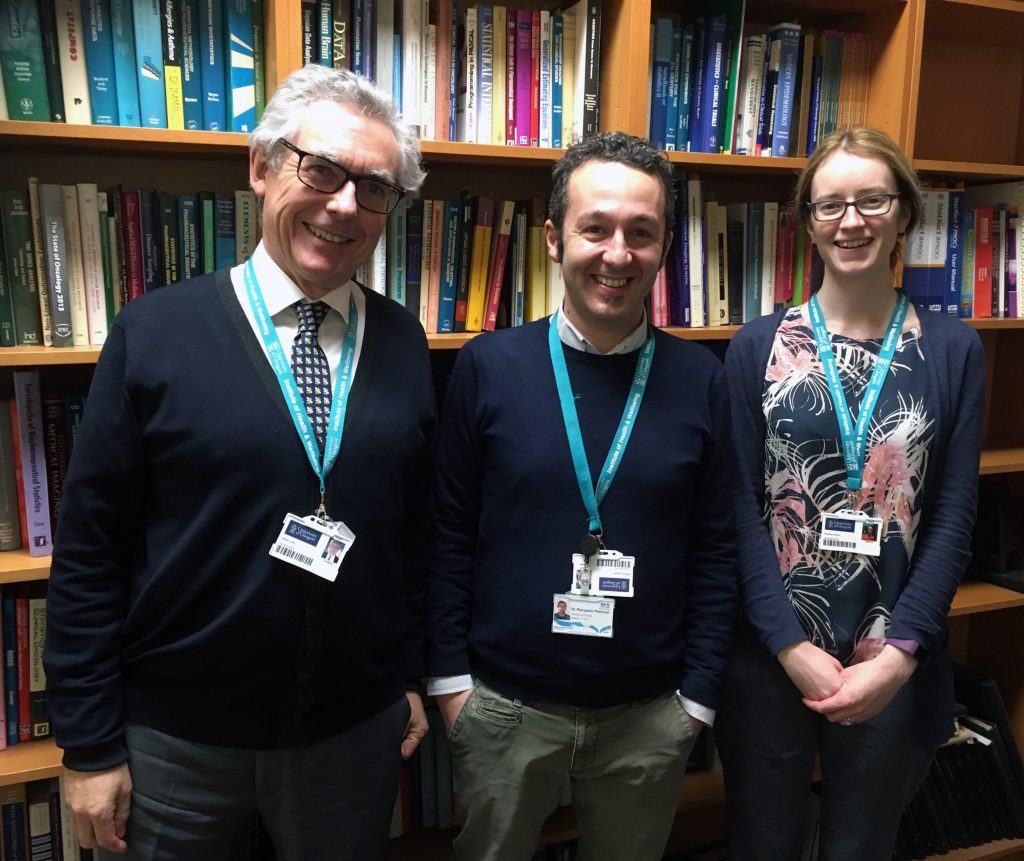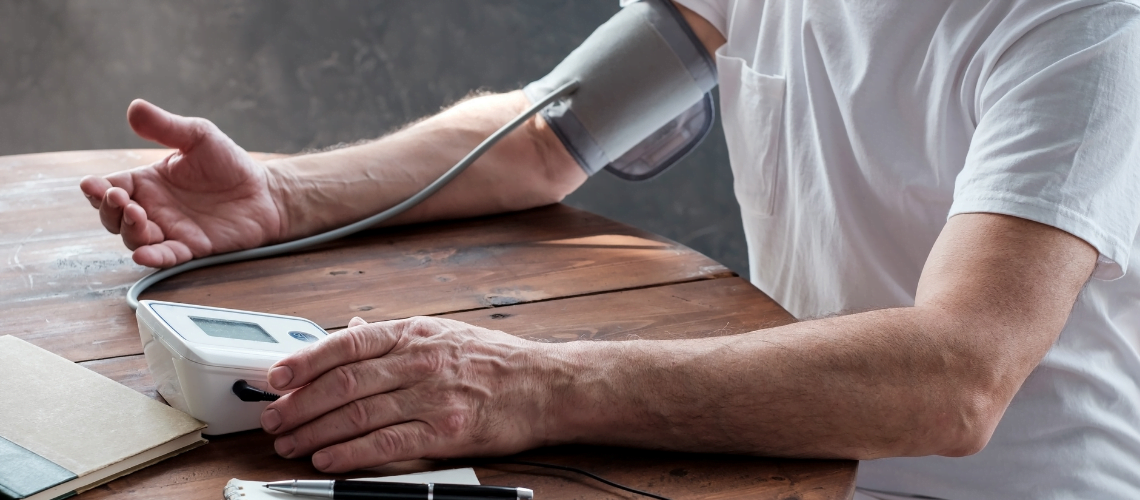
High blood pressure, or hypertension, increases the risk of serious problems such as heart attacks and strokes, if left untreated.
Blood pressure is the pressure inside the arteries which makes the blood flow around the body. It is measured in millimetres of mercury (mmHg) and has two numbers:
- systolic pressure (higher number) – when the heart contracts to pump blood around the body.
- diastolic pressure (lower number) – when the heart relaxes between beats.
Here is a general guide to blood pressure measurements
140/90mmHg or higher: Considered to be hypertension
120/80mmHg to 140/90mmHg: Risk of developing hypertension
90/60mmHg to 120/80mmHg: Ideal blood pressure
90/60mmHg or below: Low blood pressure – not usually a problem, but may be a sign of another health problem
How to take your blood pressure video
It is estimated that almost one third of adults in the UK have high blood pressure, with many people being unaware of it and undiagnosed.
Persistent high blood pressure can increase the risk of some serious and potentially life-threatening conditions, including:
- heart disease
- heart attack
- stroke
- heart failure
- peripheral arterial disease
- aortic aneurysm
- kidney failure
- vascular dementia
Hypertension rarely has any symptoms, so the only way to find out if you have it is to have your blood pressure checked regularly.
All adults over 40 are advised to have their blood pressure checked at least every five years. This can be done at GP surgeries, some pharmacies, an NHS Health Check, some workplaces or with a home blood pressure monitor.
Lifestyle changes can help to prevent and lower high blood pressure, including:
- reducing the amount of salt in the diet and having a healthy diet
- maintaining a healthy weight
- exercising regularly
- stopping smoking
- reducing alcohol intake
Also, if you have been diagnosed with hypertension, your doctor may suggest taking blood pressure-lowering medications to keep it under control.
We can’t do this without you
Through pioneering research and accessible education, Heart Research UK aims to reduce the number of people developing and dying from heart disease, while improving and extending the lives of those affected.
As a charity, we can only do this with your help.
People with certain types of heart disease have a higher risk of developing serious complications from Covid-19 and there is evidence that the virus can cause damage to the heart.
We must continue to do all we can to prevent and treat heart disease.
To help us fund more research and education, please make a small donation to help ensure we can continue our work, now and in the future.









